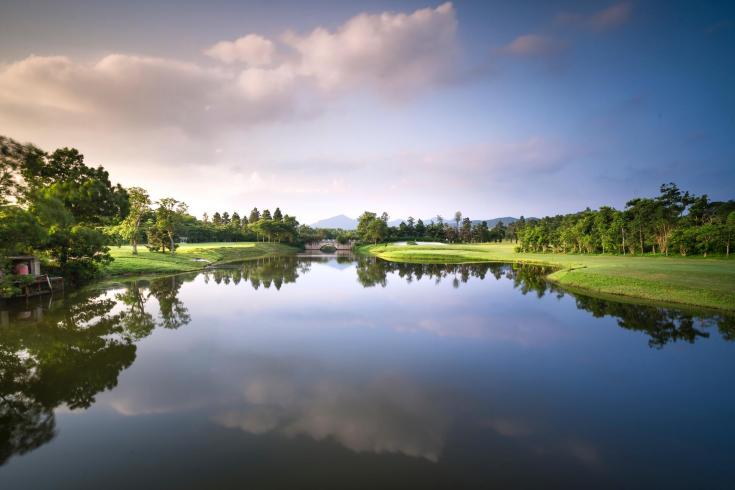Webinar on eco-tourism in riverside territories

On 24 October 2019, the Policy Learning Platform hosted a webinar on the topic of eco-tourism in riverside territories. You can access the presentations, replay of the webinar and key learnings in this article.
After the introduction by thematic experts on environment and resource efficiency, Venelina Varbova and Ruslan Zhechkov, the webinar presented four successful study cases:
-
for visitor management in protected areas by Andrei Blumer, from IMPACT projectDocument
- Developing
in Latvia and Estonia by Māra Sproģe from SWARE project. Take a look at the video Māra shared during her presentation.Document
-
a platform for cooperation and development of nature tourism by Lienīte Priedāja-Klepere, from Destination SMEs project. Take a look at the video Lienīte shared during her presentation.Document
-
, a public-private participatory policy making model for tourism development by Ruth Mulhern from SWARE projectDocument
Webinar recording
Watch the replay of the webinar below. To help you navigate to the highlights and questions during the webinar, find an agenda overview below. This is followed by a summary of the key learnings.
00:04:36 Introduction presentation by thematic expert, Venelina Varbova
00:16:35 Presentation on evaluating the carrying capacity for visitor management in protected areas by Andrei Blumer
00:27:55 Presentation on developing water tourism along riverways in Latvia and Estonia by Māra Sproģe
00:37:45 Q&A: Can ecotourism activities be combined with river and catchment area restoration?
00:41:50 Presentation on Gauja national park tourism cluster by Lienīte Priedāja-Klepere
00:51:55 Presentation on Lough Derg Marketing Group by Ruth Mulhern
01:09:55 Q&A: The objective of Destination SME is to strengthen the tourist offer and its competitivness. Assuming that this is already happening, have you incorporated some checks and balances related to nature protection?
Panel discussion
01:16:00 Q&A: Have you measured the direct economic benefit of those actions?
01:17:03 Q&A: Can money coming from eco-tourism be invested in nature management?
01:22:28 Q&A: Do you know how many nature related jobs are created?
Key Learnings
Natural resources along riverways are vulnerable to potential pressures from tourism and therefore need to be protected in order to remain a source of attraction and economic benefits for the future. Th balance between protection and tourism is not easy. However, in many European regions much experience has been gained e.g. visitor management and approaches for assessing the impact of tourism flows on habitats and species.
The Romanian experience in evaluating the carrying capacity for visitor management in protected areas is a positive example in this regard. In areas with such high environmental pressures it is important to slow down the pace of tourism and promote ecotourism activities.
Natural heritage of riverside border areas have the potential to contribute to improving cross-border collaboration through developing and promoting a joint tourism offer. This leads to more balanced tourism development, enhanced quality of tourism services and visitor experience. Besides bringing concrete economic benefits to a cross-border region, the example of developing water tourism along riverways in Latvia and Estonia has a very strong agenda. It related to addressing seasonality, promoting water tourism and attracting the attention to new and undiscovered territories.
Defining a long-term vision, engaging and working with the right stakeholders, creating the strategic policy framework from riverside and tourism perspective are essential elements for ecotourism development of riverside areas. The participatory policy-making model for tourism development, management and promotion of Lough (Lake) Derg in Ireland can serve as an inspiration for other regions.
It is essential to highlight the benefits of cooperation between businesses engaged in nature-based tourism. Such benefits include achieving stronger strategic positioning, knowledge exchange, development of joint and innovative tourism products. The experience of Gauja national park tourism cluster demonstrates this innovative approach and contributes to improving the sustainability of the regional tourism offer.
